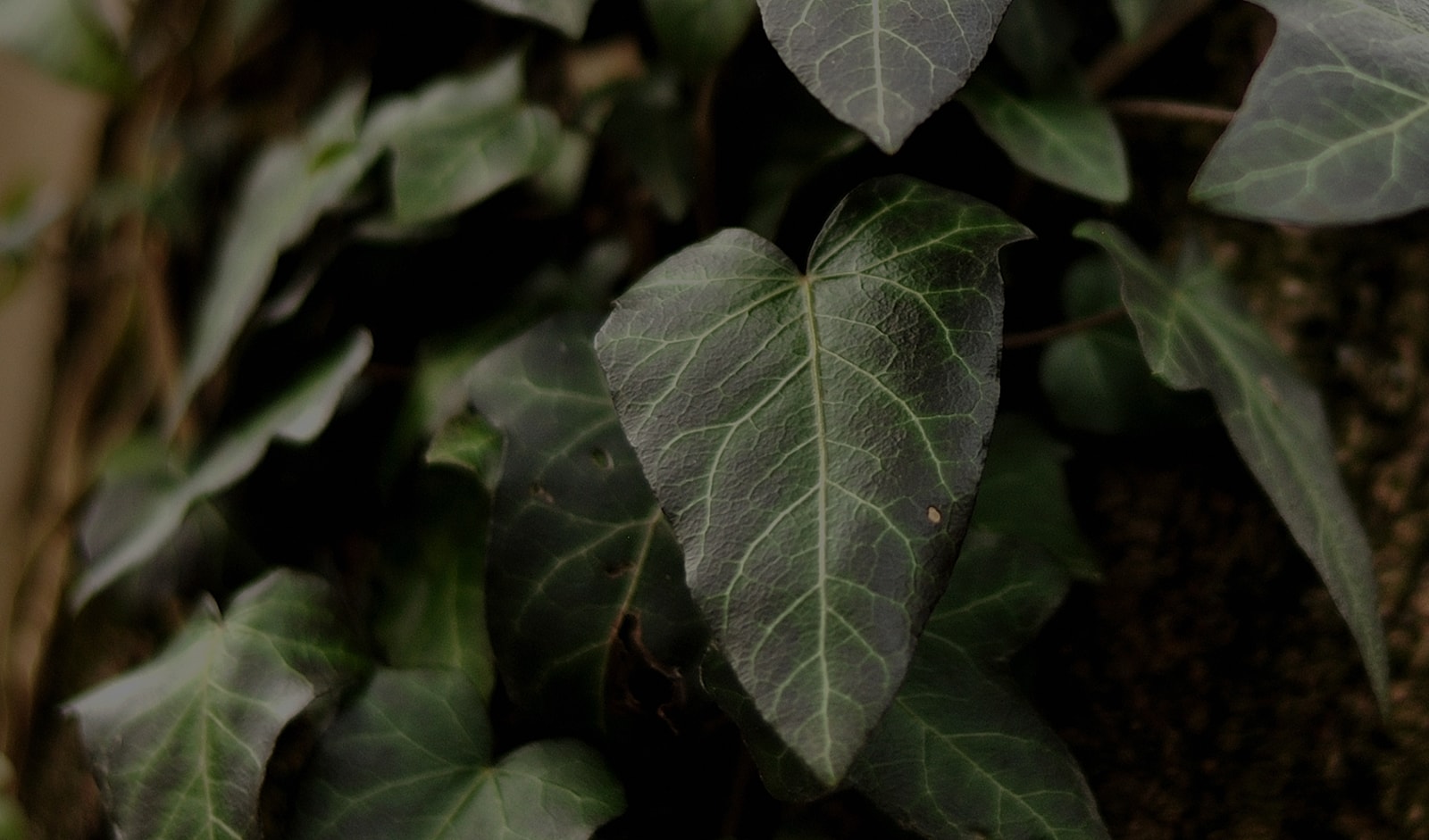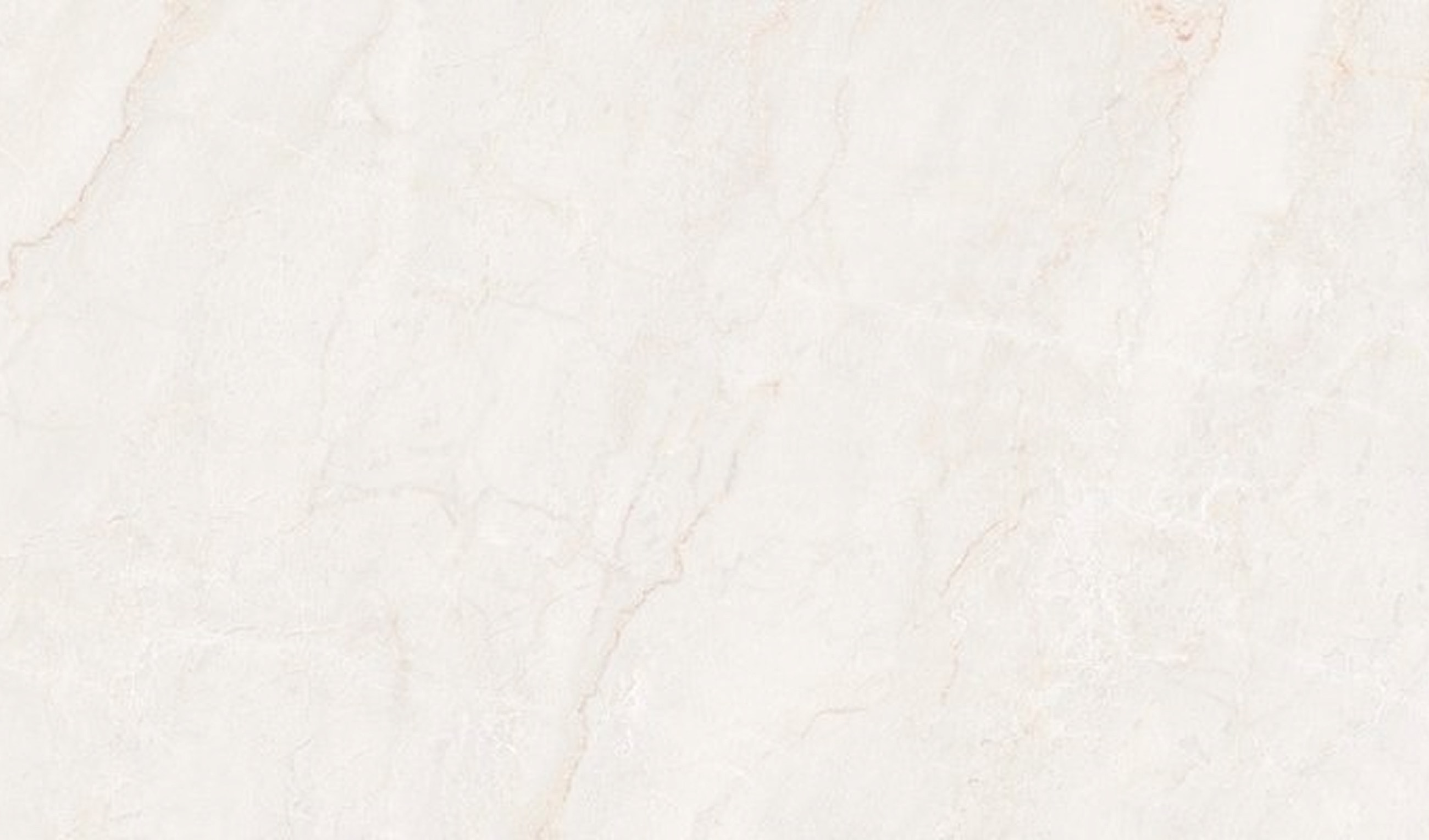CHEMICAL PEELS
in Fort Wayne, IN

in Fort Wayne, IN

Your skin carries the marks of daily life, from sun exposure to acne breakouts, hormonal shifts, and even stress. Over time, that external load can lead to uneven skin tone, clogged pores, fine lines, and a dull or uneven texture.
Chemical peels offer a gentle yet highly effective way to refresh your skin from the inside out. Applying a medical-grade chemical solution to the skin removes damaged outer layers, triggering cell renewal and improving a wide range of skin conditions.
At Lilivy Aesthetics & Wellness, we offer a range of chemical peels, including light peels and medium peels from VI Peel and PCA Skin. These peels are known for their results-driven formulas and safety across a range of skin types. Whether you’re managing acne, sun damage, or rough skin, we’ll help you choose the right level of peel to support your goals while keeping your skin healthy and balanced.

Chemical peels are exfoliating treatments that use a carefully selected chemical solution to break down the top or middle layers of skin, depending on the depth of the peel. As the treated skin begins to shed and eventually peel, new cell growth is triggered, encouraging collagen production. This process of cellular renewal improves your skin's overall tone and texture while fading concerns like sun spots, acne scars, and fine lines.
There are three main types of chemical peels:
Light chemical peels (also called superficial peels) use mild acids like alpha hydroxy acid or glycolic acid to treat the outer layer of skin. They’re great for dullness, surface-level pigmentation, and mild acne.
Medium chemical peels go deeper into the middle layer of the skin using agents like trichloroacetic acid (TCA) or salicylic acid. These peels target age spots, acne scars, and uneven skin tone with more visible peeling.
Deep chemical peels penetrate the middle dermal layer more extensively and may use phenol, TCA, or carbolic acid (often blended with croton oil). These are used for deep facial lines, deep wrinkles, or severe sun damage. Deep peels require a longer recovery and are not suitable for all skin types.
Lilivy focuses on light to medium chemical peels that balance efficacy with safety and minimal downtime. These options are ideal for achieving real results while keeping you comfortable and supported throughout your treatment.

At Lilivy Aesthetics & Wellness, we offer a carefully curated selection of medical-grade chemical peels from VI Peel and PCA Skin. Your provider will help you select the right peel for your skin type and goals.

The VI Peel is a medium-depth, medical-grade chemical peel that blends trichloroacetic acid (TCA), retinoic acid, salicylic acid, phenol, and vitamin C to exfoliate and stimulate new skin growth. It's especially effective for addressing acne scars, melasma, sun damage, and uneven skin tone. Designed for all skin types, including sensitive and darker skin tones, the VI Peel promotes collagen production while helping improve texture, clarity, and brightness—often with less downtime than traditional deep chemical peels.

PCA Skin offers a broad range of light to medium chemical peels that can be tailored for various skin concerns—from acne and hyperpigmentation to aging skin and fine lines. These peels often incorporate gentle alpha hydroxy acids (AHAs) like lactic acid and glycolic acid, or beta hydroxy acids (BHAs) like salicylic acid, allowing us to address issues like rough skin, clogged pores, and uneven tone without over-irritating the skin. With options for first-timers and experienced peel clients alike, PCA peels are a go-to for progressive, glowing results with minimal disruption to your daily life.

Each chemical peel appointment begins with a detailed consultation. We'll review your medical history, skin goals, recent sun exposure, and product use to select the most appropriate chemical peel treatment for your skin's condition.
After your skin is thoroughly cleansed, the chemical solution is applied in thin layers. You may feel tingling or light stinging for a few minutes. This is normal and typically subsides quickly. For VI Peels, the solution often remains on the skin for several hours and is rinsed off at home. With PCA Skin Peels, the formula is usually neutralized and followed by calming serums before you leave the office.
The entire appointment takes about 30–45 minutes. Before you go, we’ll review your post-care instructions and how to care for your treated skin while it heals.
Chemical peels are an excellent treatment option for a wide range of skin conditions, and they can be tailored to your skin’s tone, texture, and sensitivity level. At Lilivy, we use chemical peels to:
Medium chemical peels are especially effective for deep wrinkles, stubborn melasma, and areas with damaged skin cells from prolonged sun exposure or past inflammation. Certain ingredients like salicylic acid and lactic acid are also effective for oily or breakout-prone skin. For clients with darker skin tones, we select peels that are clinically tested to reduce the risk of temporary or permanent changes in skin tone or abnormal skin scarring. With our physician-led approach, you can rest assured that we will only recommend the safest and most effective treatments for your needs.

The most immediate benefit of having a chemical is that fresh-faced glow. As skin cells turn over and the outer layer begins to shed, you’ll start to notice a brighter tone, smoother texture, and better overall clarity.
But the benefits go deeper. With repeated treatments, chemical peels can help clear congested pores, lighten acne scars, stimulate collagen, and smooth rough skin. For those struggling with resistant sun damage, age spots, or uneven skin tone, chemical peels can reveal the kind of new skin that feels like a reset.
Light chemical peels can be incorporated into a seasonal routine, while medium peels may be performed less frequently for more dramatic improvement. And unlike some cosmetic surgical procedures, peels can be done in-office with no general anesthesia and very little downtime.
Most people dealing with skin conditions like acne, discoloration, roughness, or early signs of aging are good candidates for chemical peels. If you have healthy skin that’s been affected by environmental factors, stress, hormones, or long-term sun exposure, this treatment can help renew and restore.
You may be a candidate for chemical peels if you:
You should avoid chemical peels if you are pregnant, taking birth control pills that may increase the risk of pigmentation changes, or have active cold sores or infections. Those with a history of abnormal skin scarring or certain skin disorders should also proceed with caution. All clients receive a full consultation and skin evaluation before beginning treatment.


Recovery time after a chemical peel varies based on the type of peel used. Light peels may result in minimal flaking or dryness for a few days. Medium peels often cause visible peeling 2–3 days post-treatment, lasting up to a week. You may notice tightness, dryness, or mild redness as your skin heals.
During recovery, you'll need to avoid direct sun exposure, scrubbing, or picking at peeling skin. We’ll provide skincare recommendations and clear instructions to guide you through the process. It is essential to use a gentle moisturizer and high-quality sun protection during healing. We’ll also help you time your peel treatments around vacations, events, or other cosmetic treatments to protect your investment.

As your skin heals and the damaged skin cells are replaced by new tissue, you’ll see a visible improvement in brightness, smoothness, and overall skin appearance. Most clients begin to notice results within one week, with continued improvement over the next few weeks as new skin develops.
For concerns like acne scars, deep wrinkles, or uneven skin tone, we may recommend a series of medium chemical peels or light peels followed by periodic maintenance treatments. Some clients alternate peels with other skin-boosting therapies for a complete aesthetic plan.
Every peel is part of a long-term vision: skin that feels healthy, radiant, and resilient season after season.
At Lilivy Aesthetics & Wellness, chemical peels are never one-size-fits-all. We approach each treatment with clinical precision, aesthetic intuition, and a deep understanding of how the skin heals and thrives.
Our curated peel menu reflects our philosophy of transformation through thoughtful, meaningful care. Whether you’re choosing a light chemical peel for gentle maintenance or a medium-depth peel to tackle stubborn texture or pigment, you’ll be supported by expert hands in a comfortable, concierge-style setting. We believe in thoughtful rejuvenation, where the treated skin is gently guided toward renewal, and where every layer of care helps you feel seen, supported, and radiant in your own skin.
We typically recommend light chemical peels every 4–6 weeks for maintenance and medium peels every 2–4 months for deeper correction.
Common ingredients in chemical peels include glycolic acid, salicylic acid, lactic acid, and trichloroacetic acid (TCA). We’ll select the safest and most effective formula for your skin.
Yes. Regular peels, especially medium chemical peels, help fade acne scars, improve texture, and reduce post-acne discoloration.
Deep chemical peels can help improve deep facial lines, but they are more intensive and carry longer downtime. They may not fully tighten sagging skin, which is better addressed through other cosmetic treatments or cosmetic surgical procedures.
Not always. Superficial peels may not cause visible shedding, while medium peels often lead to flaking and renewal over several days. Rest assured that your peel is working even if you don't experience peeling.
Avoid exfoliating products, sun exposure, heavy sweating, and touching peeling skin. We’ll provide exact post-care instructions to support healthy healing.
Yes. Both VI Peels and PCA Skin have formulations specifically tested for safety in darker skin tones, reducing the risk of hyperpigmentation or temporary or permanent changes in skin tone.
Wait 1–2 days, or until peeling begins to subside. Applying makeup too soon can interfere with healing or cause irritation.
Yes, but they must be timed carefully. We’ll design a plan that includes all of your goals while protecting your treated skin.
If you have a history of cold sores, taking antiviral medication helps prevent reactivation. Let your provider know if you are prone to cold sores so they can prescribe medication ahead of your chemical peel treatment.